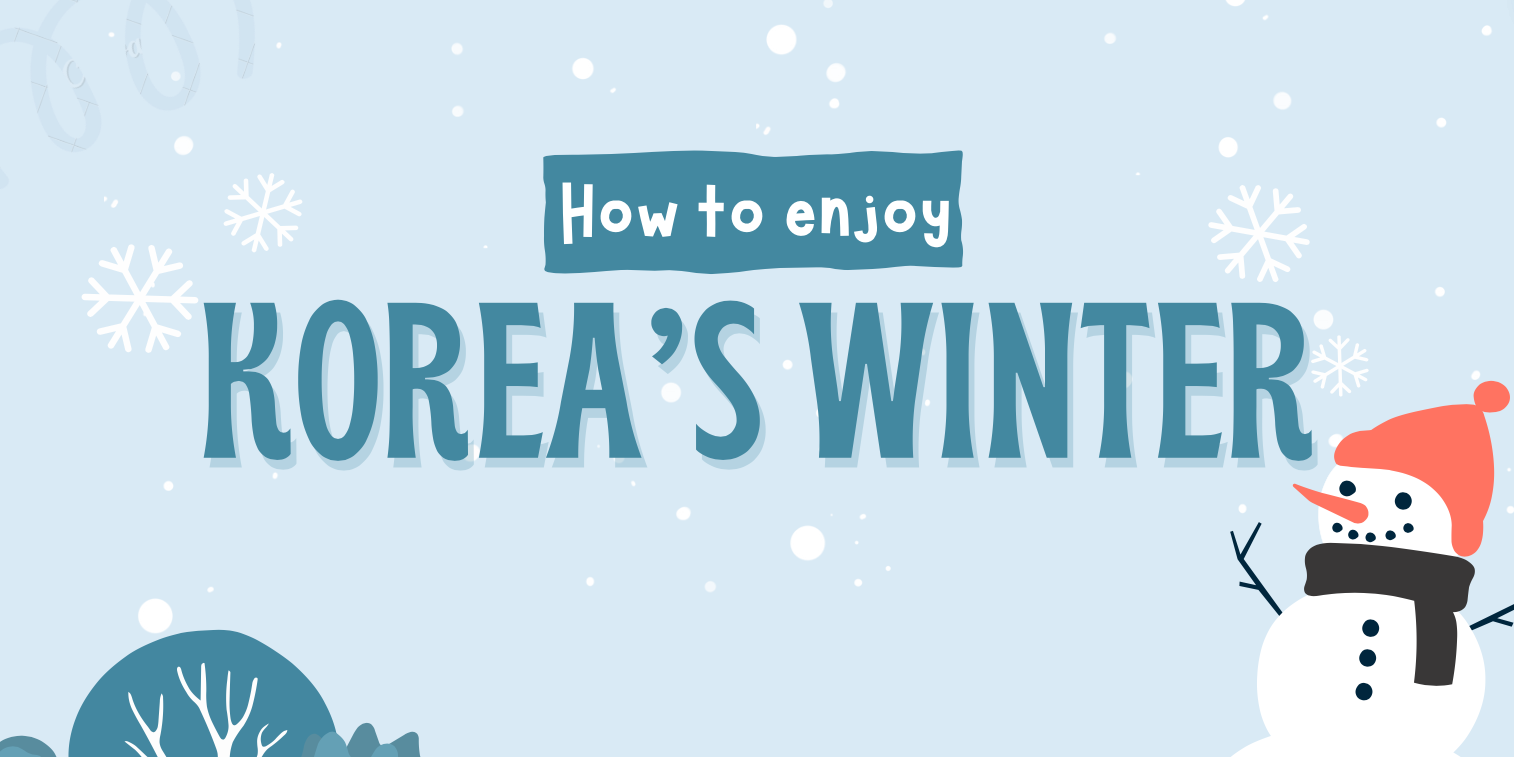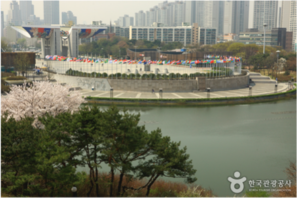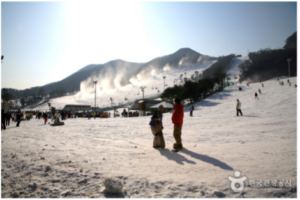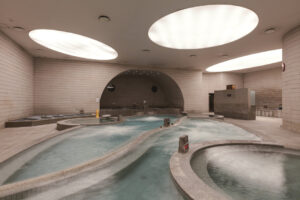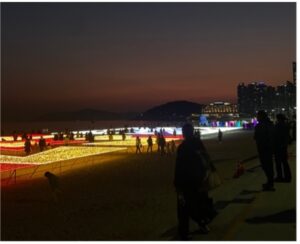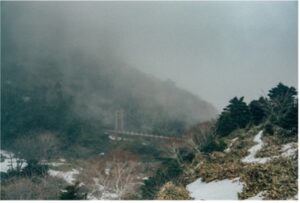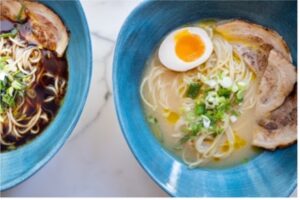Let go of stereotypes and come visit Korea in winter!
One of the first thing you’ll hear about South Korea if you’re planning a trip there would be: “Don’t go in winter, apparently it’s freezing cold and -20°!”. Most of time yes, it’s that cold because there is a peak of cold during the winter which happens between mid-December and mid-January. However, one can only survive the cold if one’s wearing warm clothes and prepared well.
If you’re brave enough to come and confront the cold weather, here are a few interesting activities and must-try that could be for you, in Seoul, Busan and Jeju!
If you’re in Seoul:
A lot of people know about Seoul Plaza Ice Ring but there’s another one nobody told you about: Olympic Park Ice Skating Ring.
The Olympic Park houses the largest sports arena but is also a place where citizens come to relax thanks to his beautiful park surrounding the area. It is also the legacy of the 1988 Seoul Olympics.
In winter, the Olympic Park transforms itself in an outdoor ice rink located in Peace Plaza of the park. It includes a resting area, skate rental office, shops, and snack bars. The ice rink opens from mid-December to beginning of February, from 10am to midnight.
Of course, when we talk about winter, we immediately think of snow and ski. Near Seoul, one hour away, you have access to Jisan Forest Resort.
This famous ski resort opened in December 1996 and allows you to escape the city to a calmer and refreshing place. You have access to courses to learn how to ski and snowboard. You can also experience a variety of sights from the Icheon ceramics complex, down the roads. Everland Amusement Park and a hot spring for you to enjoy are also allocated nearby.
You can either go to the ski resort by bus directly from Gangnam or take the car!
If you’re in Busan:
Busan is famous for its hot spring baths and that’s where you can experience both hot springs and themed sauna. It is in Shinsegae Centum City, near Haeundae. There, you can enjoy the variety of spas (number of 22) fed by 2 different all-natural spring waters from underground, 13 themed jjimjjilbang (Korean traditional sauna) and an open-air foot spa.
There’s a Finnish sauna, because that’s the land of the sauna, a “Roman Room” where the public baths of ancient Rome are reproduced. Finnish sauna are also said to be very relaxing after a cold day outside.
To celebrate holidays and the new year, Busan’s representative winter festival opens every year on Haeundae Beach. You can see numerous decorations and lightings along the Gunamro Square and extending towards Haeundae beach.
This year, the festival is open from December, 2nd 2023 until January, 31st 2024. Be sure to come at night to live a magical moment!
If you’re in Jeju:
Standing proudly in the middle of Jeju Island, Hallasan Mountain is the tallest in South Korea with its highest peak being at 1,950m. the mountain is widely known by scientific for its geological value. It also possess a great ecosystem as it is home to all sorts of vegetation, animals and plants.
It is also called Yeongjusan Moutain meaning “mountain high enough to pull the galaxy”. The mountain was designated as a National Park on March 24, 1970 and a UNESCO Biosphere Reserve in December 2002. It was given the designation of Korea’s first UNESCO World Natural Heritage Site on June 27, 2007.
Also known as Gogi Guksu (고기국수), the pork noodle soup is one of the traditional foods of Jeju Island. It is basically a soup/broth in which you can find slices of pork and noodles. It also comes with vegetables on the side.
Because of poor soil conditions, people of Jeju Island mainly live on wheat and barley, hence the noodle culture. Moreover, in Jeju, there is a tradition where people give pork as gifts during happy occasions. Gogi-guksu is the result of these two cultural ideas in jeju-do.
We wish you a good winter season in South Korea!
By Alice DUPLACIEUX

